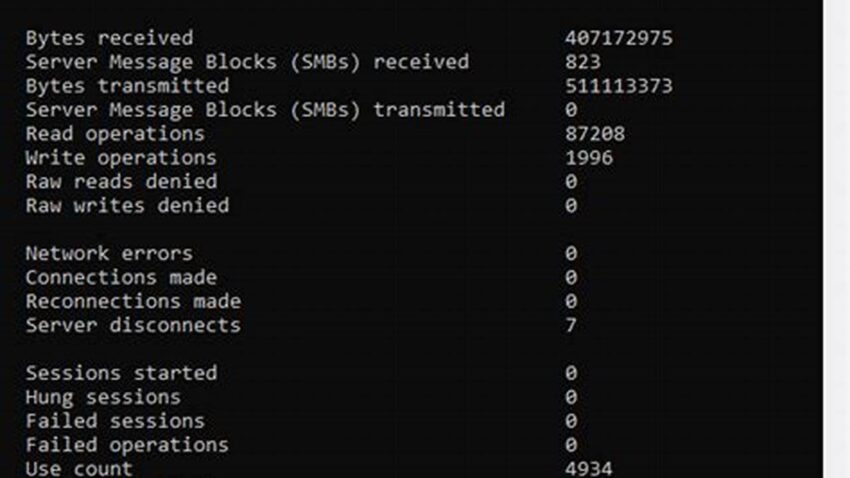Understanding how long a computer system has been running continuously is often crucial for troubleshooting, performance analysis, and system maintenance. This information, commonly referred to as system uptime, can provide valuable insights into potential issues and overall system stability. Accessing this data is straightforward in Windows environments using Command Prompt (CMD) commands. This guide explores the significance of checking system uptime and provides a concise explanation of the process.
Importance of System Uptime
System uptime serves as a key indicator of system stability and reliability. Extended uptimes often suggest a healthy and well-maintained system. Conversely, frequent reboots or short uptimes can point to underlying hardware or software problems that require attention.
Troubleshooting with Uptime Information
Uptime data is valuable when troubleshooting performance issues. Knowing when the system was last restarted helps correlate events and pinpoint potential causes of problems.
System Maintenance and Uptime
Scheduled maintenance often requires system restarts. Tracking uptime helps administrators plan these activities effectively, minimizing disruption to users and services.
Security Implications of Uptime
Long uptimes can sometimes increase security vulnerabilities. Regular reboots apply security updates and patches, reducing the risk of exploitation.
Performance Monitoring and Uptime
Analyzing uptime trends can reveal patterns related to performance degradation. Frequent reboots due to instability can negatively impact overall system performance.
Uptime as a Metric for System Health
Uptime is a simple yet effective metric for assessing overall system health. Consistently long uptimes indicate a stable and reliable computing environment.
Using Uptime for Resource Management
Understanding uptime can help optimize resource allocation. Systems with longer uptimes may be better candidates for hosting critical applications or services.
Uptime and Disaster Recovery
Uptime information plays a role in disaster recovery planning. Knowing the typical uptime of a system helps estimate recovery time objectives (RTOs).
Uptime and Service Level Agreements (SLAs)
Uptime is frequently a key component of service level agreements (SLAs). Maintaining agreed-upon uptime levels is essential for meeting service provider obligations.
Tips for Utilizing CMD Commands
Open CMD as an administrator for full access to system information.
Understanding CMD Output
Familiarize yourself with the output format of the uptime command to interpret the information correctly.
Documenting Uptime
Regularly documenting uptime can help track system stability over time.
Automating Uptime Checks
Scripting uptime checks can automate monitoring and alert administrators to potential issues.
How can I quickly check system uptime using CMD?
The simplest command is `systeminfo`. This displays a comprehensive overview of system information, including uptime.
Are there alternative CMD commands for checking uptime?
Yes, the `net stats srv` command also provides uptime information, focusing on server statistics.
What does the uptime value represent?
The uptime value indicates the duration the system has been running continuously since the last restart, typically expressed in days, hours, minutes, and seconds.
How can uptime information be used for proactive system management?
Tracking uptime trends helps identify potential issues before they escalate. Unexpectedly short uptimes can indicate problems requiring investigation.
Why is knowing system uptime important for IT professionals?
System uptime is a fundamental metric for assessing system stability and performance, aiding in troubleshooting, maintenance planning, and ensuring adherence to service level agreements.
Where can I find more information on using CMD commands?
The Microsoft documentation and online tech forums provide extensive resources on CMD commands and their usage.
Leveraging the readily available CMD commands for checking system uptime empowers administrators with valuable insights into system health, stability, and performance. This knowledge is essential for effective troubleshooting, proactive maintenance, and informed decision-making related to system management.

